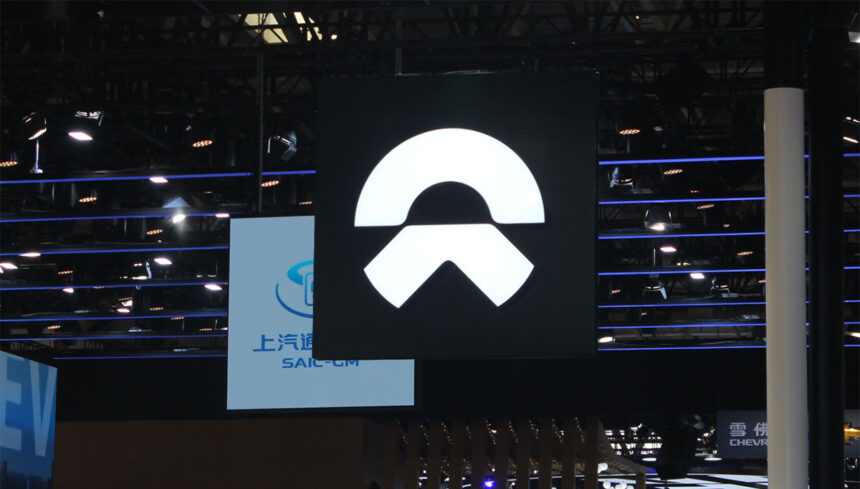A recent rumor circulating on social media suggested that electric vehicle manufacturer Nio was set to be acquired by BYD. However, a Nio executive quickly shut down these claims, stating that the company’s financial situation was strong and that there were no plans for such an acquisition.
Ma Lin, Nio’s assistant vice president for branding and communications, took to Weibo to address the rumor. He highlighted the positive developments within Nio, such as a positive cash flow in the third quarter and an increase in gross profit in October. Ma also shared a screenshot of a WeChat conversation where he questioned a BYD representative about the origins of the rumor.
In response, Li Yunfei, the head of branding and PR at BYD, also denied the rumors on Weibo, stating that there was no truth to the claims of a potential partnership or acquisition between BYD and Nio.
The rumor suggested that BYD would acquire a majority stake in Nio through a joint venture, with Nio retaining a minority stake. However, both companies have firmly denied these allegations.
This incident sheds light on the challenges faced by large companies in managing their employees’ behavior on social media platforms. With the increasing influence of social media, misinformation can spread rapidly, causing confusion and uncertainty in the market.
Nio recently reported its third-quarter earnings, showing positive free cash flow and improved gross margins. The company aims to double its sales next year and achieve profitability by 2026. Additionally, Nio unveiled its third brand, Firefly, with plans to start deliveries of its first model in 2025.
Overall, the false rumors surrounding Nio and BYD highlight the importance of verifying information before believing and spreading it. In a fast-paced digital world, it is crucial for companies to maintain transparency and address misinformation promptly to avoid any negative impact on their reputation.







